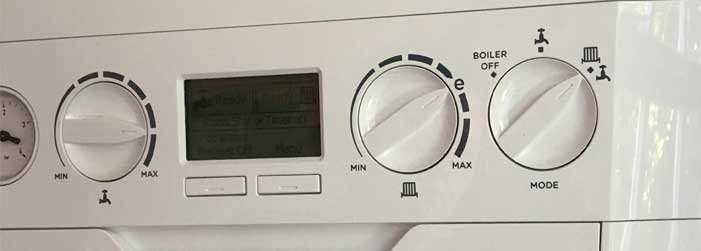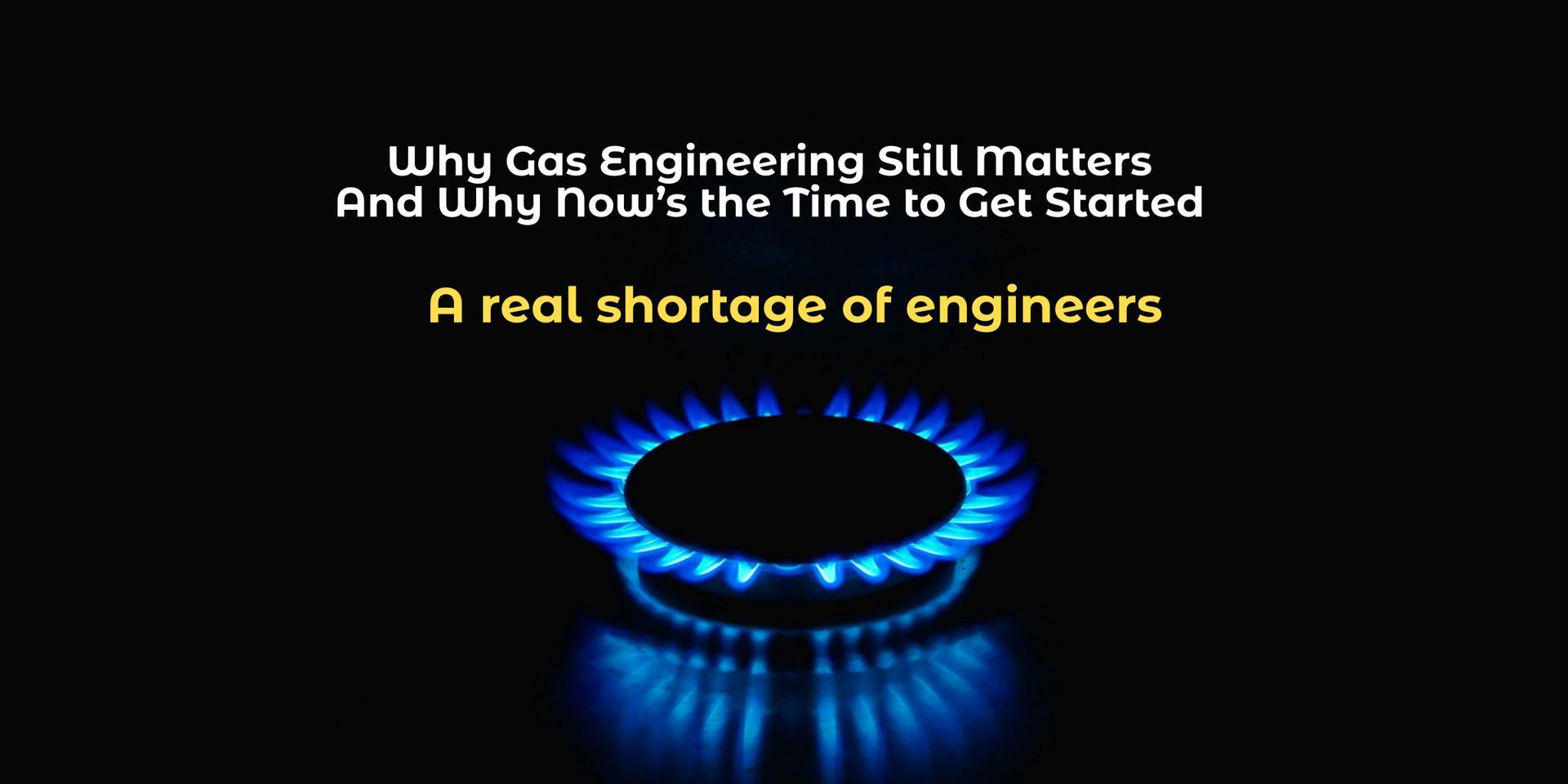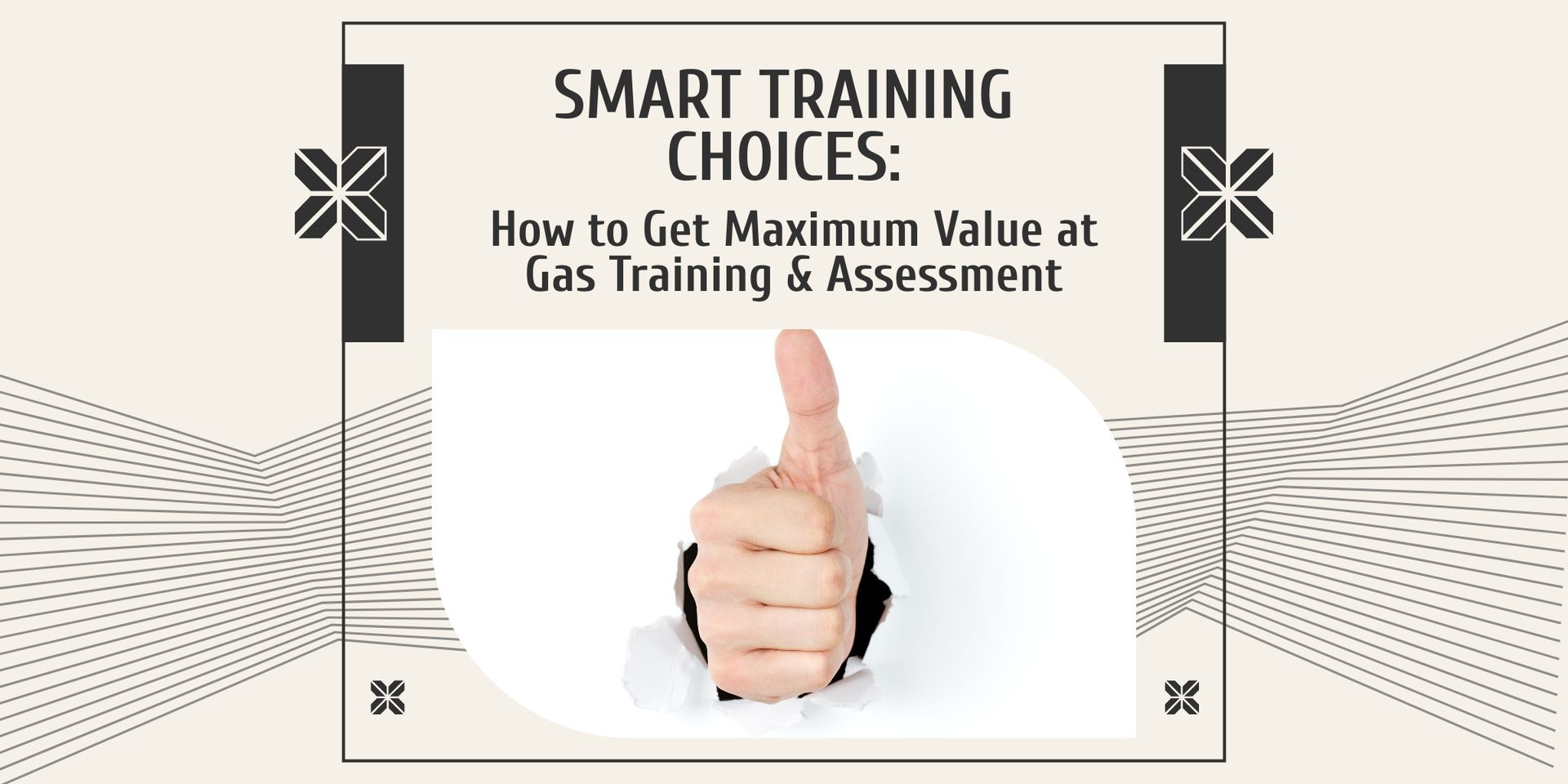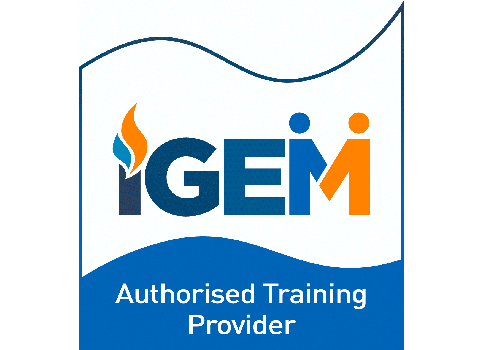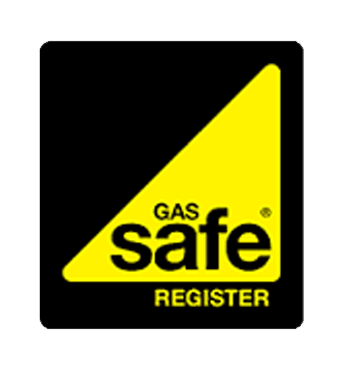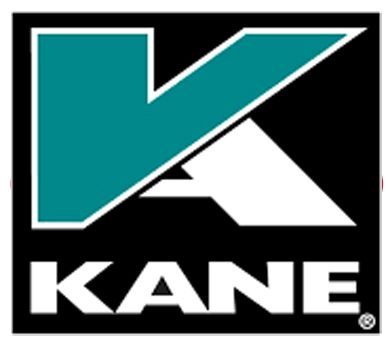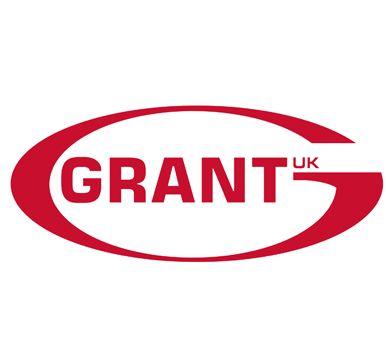Information for Category 1 gas engineering candidates as of 1 October 2018
Radical changes came into effect in the gas industry
You may have already heard that as from October 1st 2018, radical changes came into effect in the gas industry in regards to training and qualifications. These changes will affect all three categories of gas engineers:
Category 1: Experienced engineers with an existing gas qualification.
Category 2: New entrants with transferable skills or experience.
Category 3: New entrants without transferable skills or experience.
During this article, we will focus on the changes impacting Category 1 candidates – experienced gas engineers with an exiting gas qualification. For further information regarding the changes that will impact Category 3 candidates, please click here.
Changes to Category 1 candidates
During a long and comprehensive review of the whole gas industry, it was highlighted that reforms were needed in the training and assessment of all three categories. A number of changes have now taken place.
A Category 1 engineer who wishes to add another appliance element to their qualifications (i.e. extend their range in the same sector) would need to meet the following criteria before they can be assessed in that appliance:
- They must have been registered with Gas Safe for a minimum of six months
- They must undertake training on the new appliance element they wish to add
- They need to supply evidence of on-site experience of the appliance element; if this is not possible the candidate will need to undertake ‘realistic work environment’ practical work at a training centre in addition to the training stated above
For example, a gas engineer may hold the CCN1 core gas safety and CENWAT boilers and water heaters in Domestic Natural Gas and now wishes to add a new appliance element such as CKR1 cookers.
The amount of training the gas engineer must undertake is set out in the IGEM/IG/1 standards of training, which states the minimum guided learning hour they need to attend for each appliance element. For example, if they are adding CKR1 cookers, the gas engineer would need to attend a minimum of 6.5 hours of training before they are able to undertake the qualification assessment.
If a Category 1 engineer wishes to add a different sector extending their scope – for example, they currently hold core and appliances in Domestic Natural Gas and wishes to add LPG Liquefied Petroleum Gas (CONGLP1) to their qualification – they would need to meet the following criteria before they can undertake the assessment in that area:
- They must have been registered with Gas Safe for a minimum of six months
- They must undertake training on the new sector they wish to add
- The gas engineer must supply documented evidence of on-site experience in the scope applied for. If this is not possible, the candidate will need to undertake ‘realistic work environment’ practical work at a training centre, in addition to the training stated above
The amount of training they must undertake is again set out in the IGEM/IG/1 standards of training, which states the minimum guided learning hours they need to attend. If they currently hold CCN1 core and appliances in Domestic Natural Gas and want to add Liquefied Petroleum Gas (CONGLP1), they would need to attend a minimum of 13 hours of training before they can undertake the assessment in that area.
These changes affect all certificating bodies and gas training providers in the UK as all are now required to follow the standardised approach set out in the new IGEM/IG/1 Standards of Training in Gas Work which came into effect on 1st October 2018.
This can all sound very complicated and a mine field to navigate through, so if you are not clear on your next steps or want some guidance please feel free to contact Gas Training & Assessment to discuss further.


